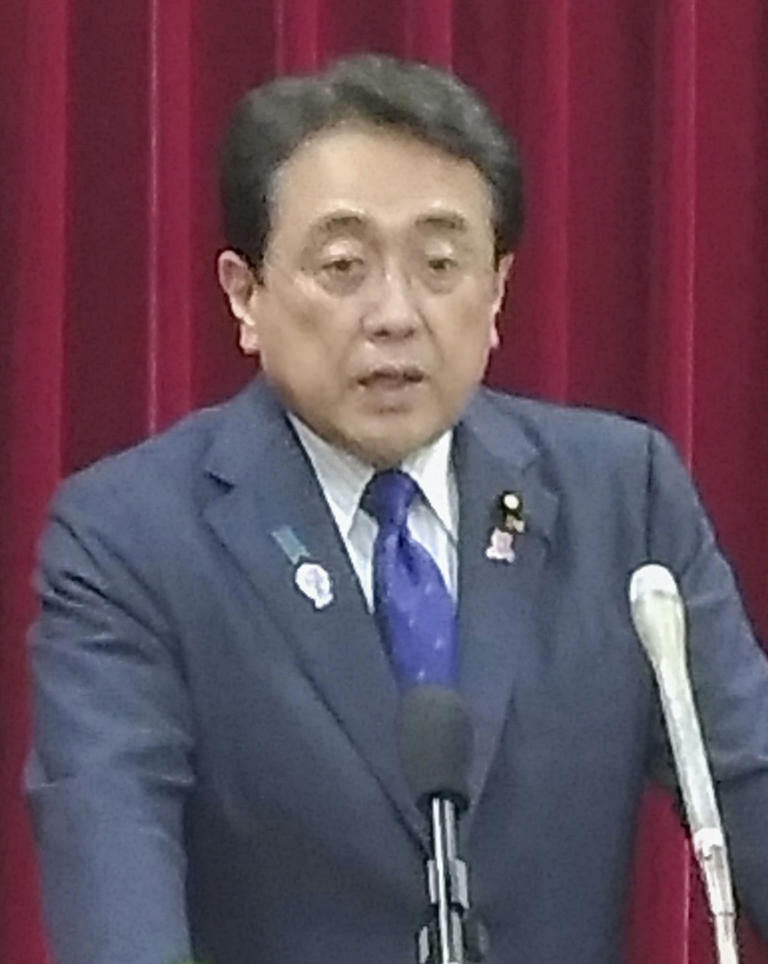Recently, Japanese politician Mr. Akasawa stirred controversy through his unexpected statement of being an underdog. Though many were stunned, insiders later revealed this to be a calculated political strategy. Tactfully positioning himself as an underdog, Akasawa aims to garner voter sympathy and support in the imminent elections. The impact of this strategy in shaping public opinion is yet to be seen.
In Japan's political scenario, politicians using such psychological tactics to gain support isn't uncommon. Particularly, statements of self-deprecation or humility can align with cultural values of modesty and resilience, triggering empathy among voters. However, too controversial or indicative of weakness, such comments can backfire. The reaction of the public and media to Akasawa's statement underlines these dynamics.
In the US or EU, although such strategic moves are also seen, the reaction can be quite different due to disparate cultural contexts. Directness is often valued, and politicians are usually expected to project strength and leadership rather than portray themselves as an underdog. Mistimed or overworked humility may be construed as inauthentic or even a sign of weakness.

